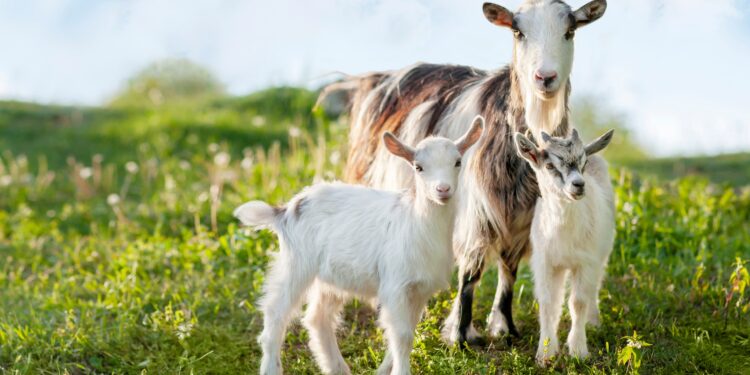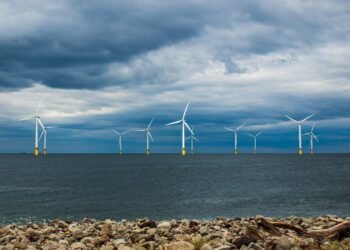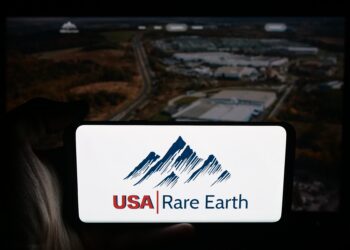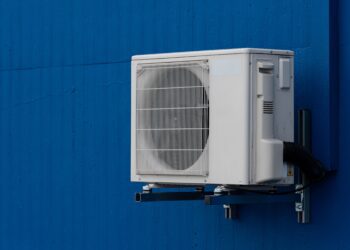Since 2012, James and Eileen Ray have owned and operated Little Seed Farm, Opens overlay, where they make eco-friendly goat’s milk soaps, lotions and other skincare products. Remaining true to their core values of quality and sustainability, they’ve carved out a niche in a crowded marketplace and found a dedicated customer base, too.
Finding their footing
Most startups get a few steps in before they need to pivot. For the Rays, their first pivot came almost before they’d set foot on the farm. While they’d planned to raise cattle, they quickly discovered their land was a terrible fit for cows. It was, however, perfect for goats. Which was a bit concerning as they’d heard again and again that goats were impossible to work with.
They chose to embrace the goats. “We went with what the land presented us,” James says, “instead of trying to force our objectives on the land.”
Fortunately, the goats they brought to their farm were easy to love, if a bit rambunctious. “Each goat has their own personality,” Eileen says. “They’re so sweet.”
The Rays started making goat cheese for their local farmer’s market. Then Eileen received a fateful call from her grandmother: “Can we try making goat’s milk soap next time I visit?” They raided their kitchen for the necessary ingredients and gave it a go.
Next thing they knew, they were selling soap at the market too. It quickly became so popular that the Rays stopped making cheese and began devoting their time to skincare products. The rising demand soon inspired a website with an eCommerce portal.
A sustainable advantage
Skincare can be a tough market, and buyers tend to stick with names they know. To expand beyond their local market, the Rays needed to find a way to convince potential customers to try something new.
They decided to shine a spotlight on their sustainability. All Little Seed milk is ethically sourced from goats that spend their days happily grazing on the farm, and the Rays will tell you they’re one of the only 100% grass-fed goat dairies in the country.
“We make everything from scratch, start to finish,” says Eileen, who illustrates the product labels herself. “We even include a handwritten note.”
The Rays continue to spread the message about their sustainable farming, goats and products so that customers can see exactly how the products they love are made and how Little Seed Farm is run.
Scaling up, but staying true
As Little Seed grew from a two-person operation to a 14-member team, the bulk of sales shifted from in person to online. While they welcomed the additional orders, they worried about increasing their carbon footprint. To maintain their commitment to sustainability, the Rays needed a way to make product packing and shipping processes as eco-friendly as possible.
First, they started sourcing compostable packing peanuts made of sorghum from a nearby feed mill. Then they began using water-activated tape on their shipments. They also made the decision to work with package-free shops and give customers the option to have orders shipped with less packing materials.
Customers are invited to send back empty bottles for sterilization and reuse. “A section of our website is dedicated to refilled products,” James says. “When you send it back, you give it another life.”
Evolving naturally
The future for Little Seed looks to evolve as organically as its beginning.
“Right now,” James notes, “we make natural and organic products to take care of your skin, head to toe.”
“But our dream is that Little Seed will continue to be a positive role model for sustainability,” he says. “And that one day when they’re older, our kids — our children — will want to be involved so we can pass that legacy on to the next generation.”












